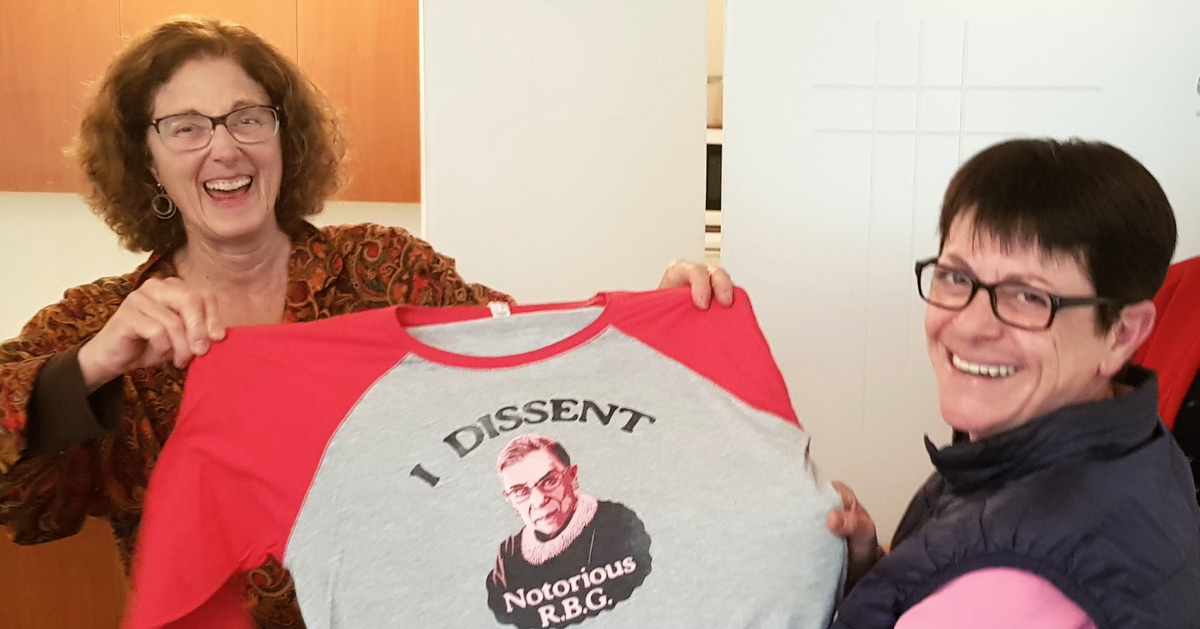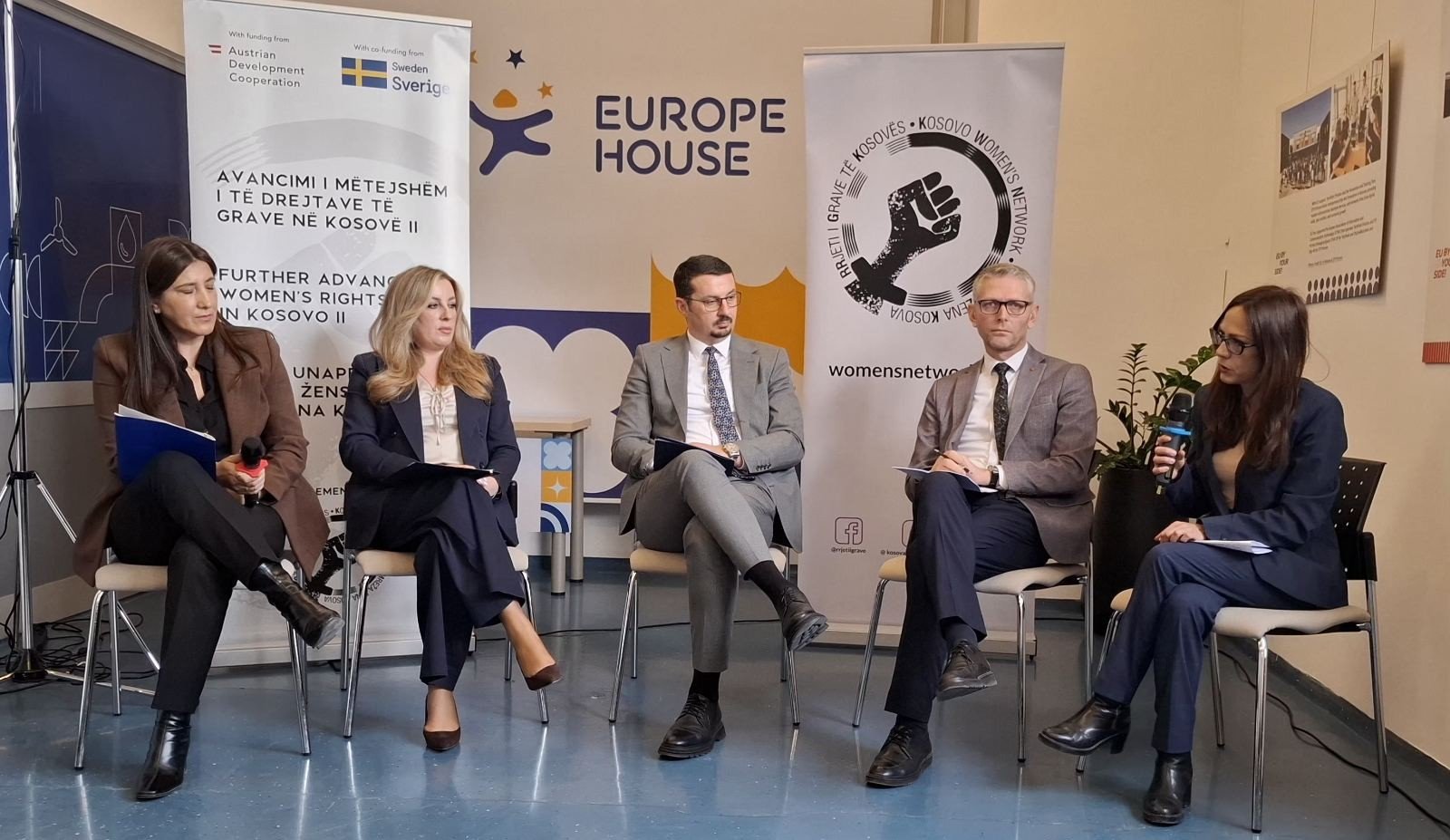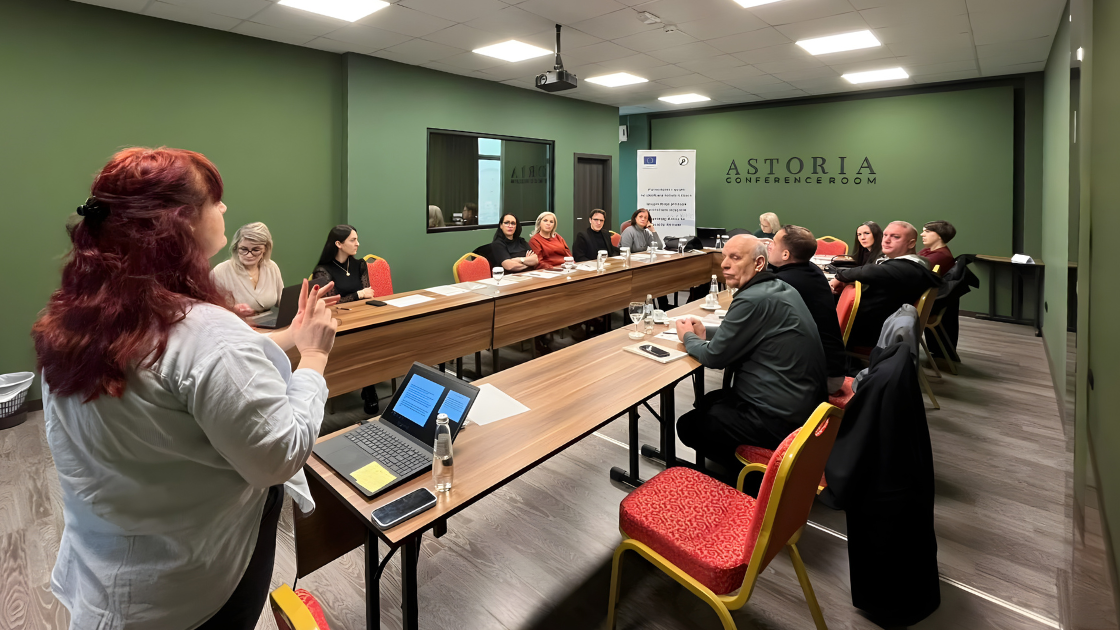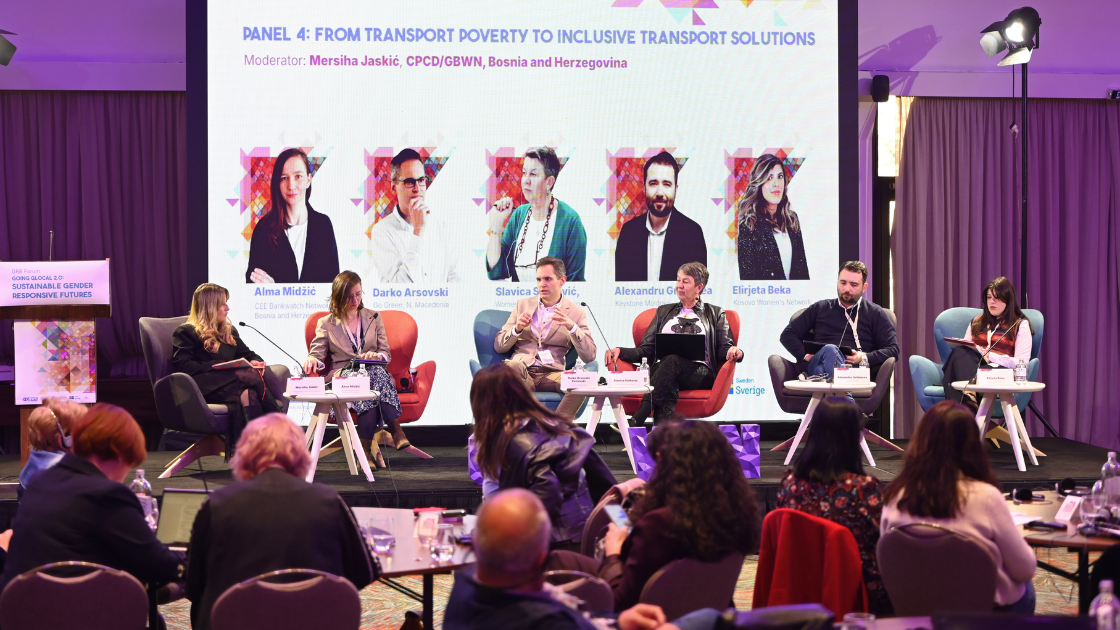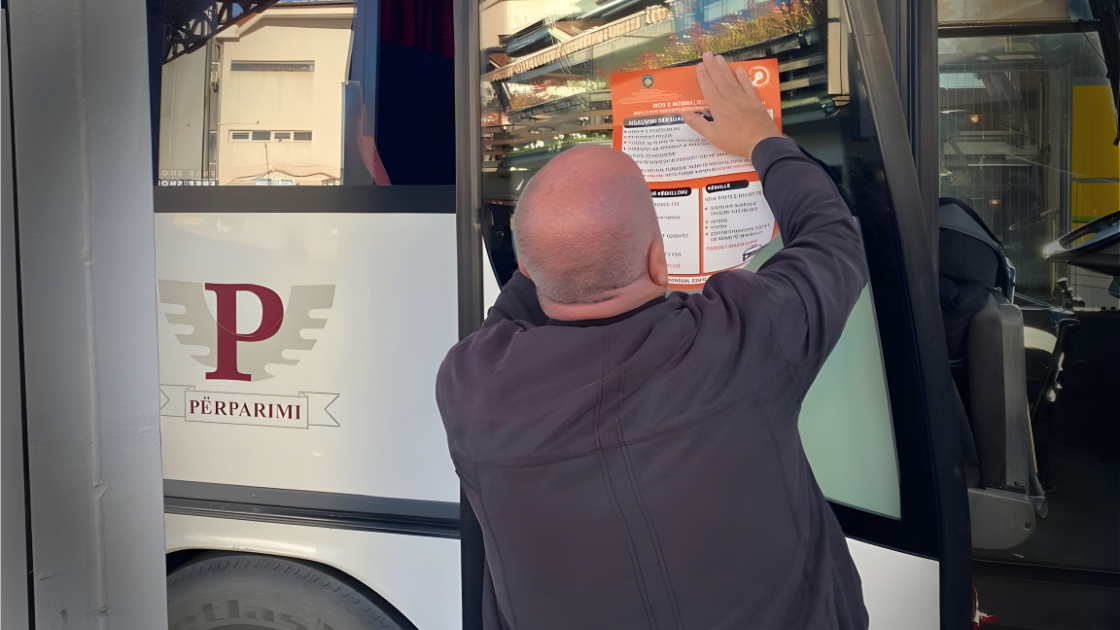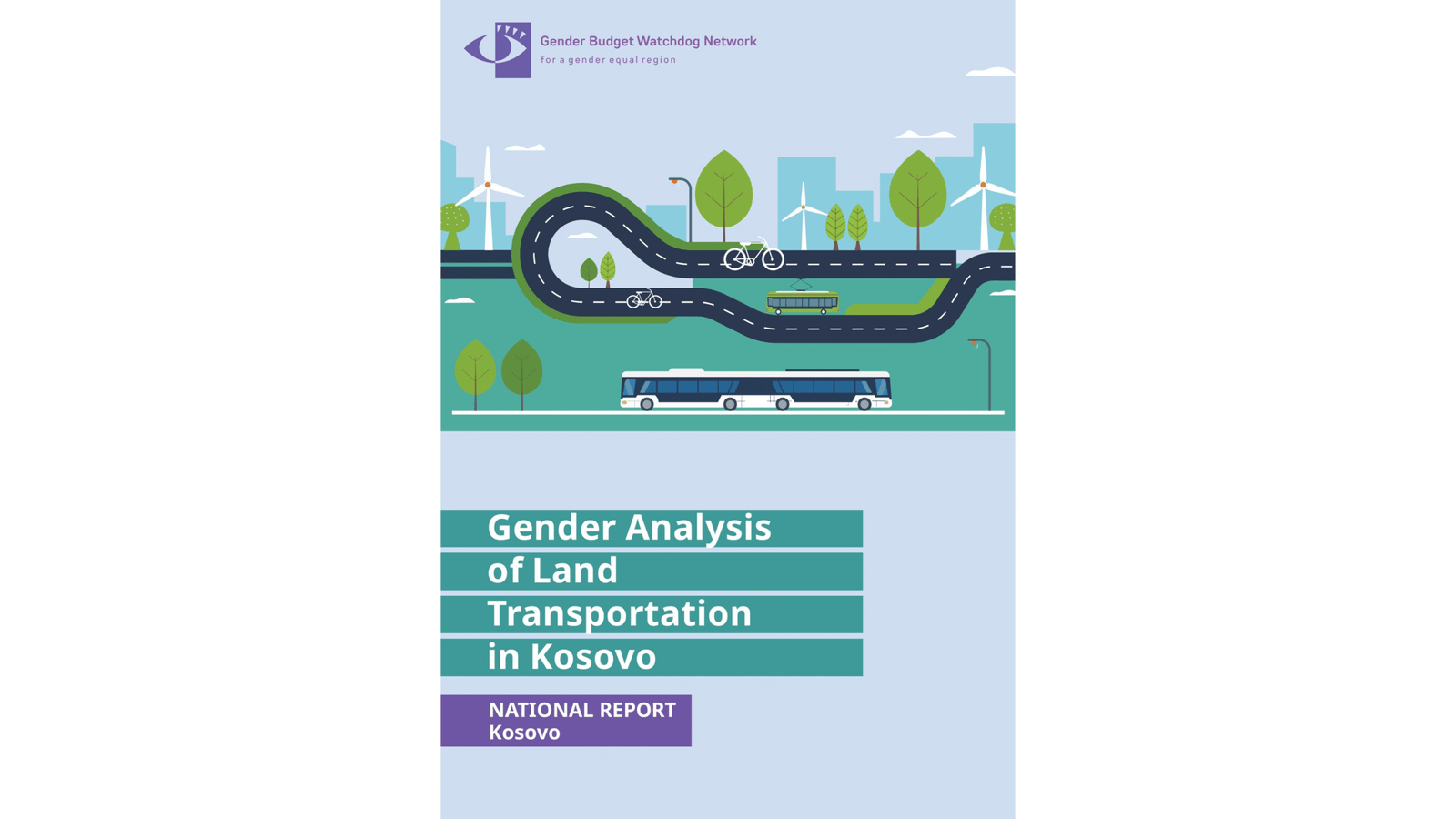Cathy Frischmann first visited Kosovo in 2004, together with her daughter Julie and close friend Sue Farnsworth, whose daughter (Nicole) was working with KWN. Cathy toured Kosovo, met KWN member organizations, and danced with us. She visited again in 2019. Cathy clearly loved Kosovo, its women, its activists, and our work.
Upon returning to her then hometown of Pocatello, Idaho, USA, she organized a guest lecture by KWN Executive Director Igballe Rogova at the local Idaho State University, providing a unique opportunity for Idahoans to learn about Kosovo, its history, struggles. independence and present-day situation. Cathy built unique bridges by creating spaces for sharing knowledge.
Cathy later moved to Corvallis, Oregon, where she was involved in Altrusa, an international non-profit organization focused on community service, particularly for women. In her life and work, she was exemplary to the organisation’s mission, ever “confident, inspiring, and caring”. Together with the Corvallis Altrusa Branch, she led local community fundraising efforts for KWN since 2017, raising thousands of euros to support women’s rights activists in Kosovo.
“She believed in young women’s empowerment and invested in KWN to empower more women in various fields, ranging from law to public relations to addressing gender-based violence,” said Rogova.
With Cathy’s leadership, Altrusa purposefully supported four young Kosovar women with paid internships at KWN. She was well aware that, still in 2021, more young women were unemployed (47%) than young men (35%), and only 7% of young Kosovar women were officially employed, due in part to gender-based discrimination in hiring, as KWN’s research has shown. Indeed, the fields that Altrusa has supported have been areas where few women are involved, like law. Cathy knew that young women needed extra support in these areas, affirmative measures, to enter the workforce and contribute to a more gender balanced labour force in areas where women historically have been underrepresented.
For these young women, Altrusa’s support enabled them to gain experience, enter the labour force and secure long-term employment. Meanwhile, Altrusa supported KWN with extra human resources and expanding the feminist movement in Kosovo.
“We will be forever grateful to her,” Rogova said. “We will remember her positive feminist approach, her solidarity and her leadership. She strongly believed in supporting the women’s movement through the involvement of younger generations.” Cathy saw youth as essential to the women’s movement and its future, and she actively supported this.
A feminist, human rights defender, supporter of women in politics through the League of Women Voters, chef, botanist, gardener, hiker, biker, and so much more…. Cathy loved life and committed her life to defending the rights and lives of others.
Yesterday, 2 August 2023, Cathy passed away following a ferocious fight against cancer. She will be sorely missed by her family, friends and all of us at KWN. Her spirit, persistent resolve, empowerment of others and continuous giving remain an inspiration to all of us and live on in our work.

